University of California San Francisco
Give to UCSF-
-
UCSF Gene Therapy for Deadly Mutation Fast-Tracked for FDA Review
A new fast-track review for UCSF gene therapy could help more kids with deadly Artemis-SCID disease get life-saving treatment sooner.
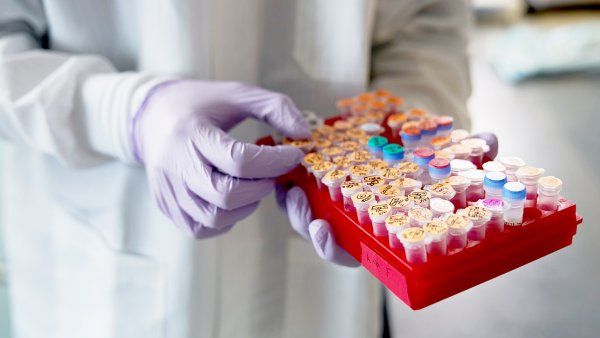
-
Immune Cells Leave Fingerprints on Tumors Metastasized to the Brain, Offering Clues to Future Therapies
Using data from over 100,000 malignant and non-malignant cells from 15 human brain metastases, UCSF researchers have revealed two functional archetypes of metastatic cells across 7 different types of brain tumors, each containing both immune and non-immune cell types.
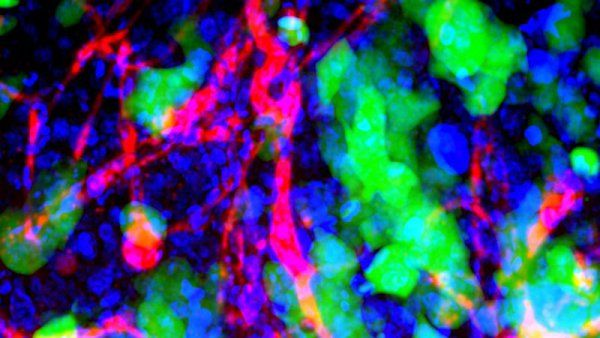
-
Cerebrospinal Fluid Offers Clues to Post-COVID ‘Brain Fog’
Many patients with COVID-19 develop brain fog and other cognitive symptoms months later. Their cerebrospinal fluid may hold clues to why this is happening.
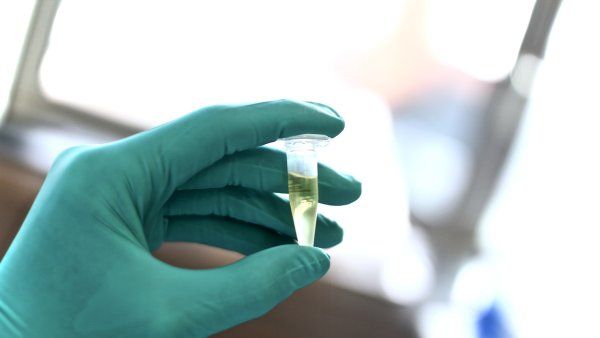
-
Sorting Cancers by ‘Immune Archetypes’ May Offer New Approach For Precision Immunotherapies
UCSF researchers found that cancers from different parts of the body are immunologically similar to one another. They described 12 classes of "immune archetypes" to classify cancer tumors, which can provide unique strategies for enhancing patients’ choice of cancer immunotherapies.
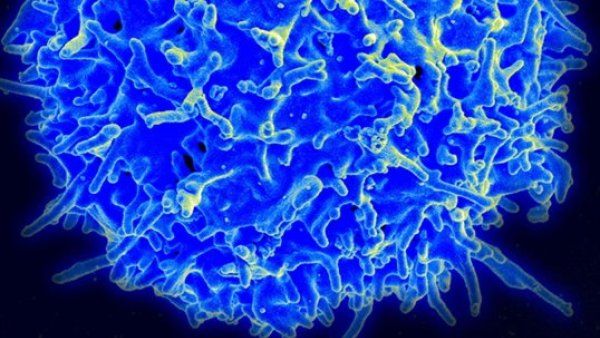
-
New Research Shows How the Pandemic Has Affected Teenagers’ Health
-
Alpha Coronavirus Variant Evolved to Evade Immune System
A new study led by scientists at UCSF's Quantitative Biosciences Institute and University College London found that the Alpha variant of SARS-CoV-2 ramped up production of a protein that it uses to stifle infected cells’ immune-stimulating signals, helping it evade immune detection and accelerate its transmission.

-
‘This Virus Will Ultimately Become Endemic’: Scientists Find Key in Alpha Variant To Fight Omicron
-
An All-Out Quest to Understand Long COVID
A concerted research effort gave UCSF scientists early insight into long COVID. It also showed patients that they weren’t in the fight alone.
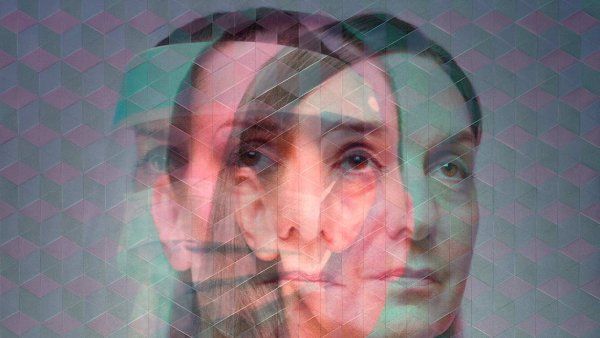
-
Newly Discovered Skin Cell May Underlie Inflammatory Skin Disease
UCSF researchers have discovered a new type of cell that may be responsible for the exaggerated immune response behind inflammatory disease.
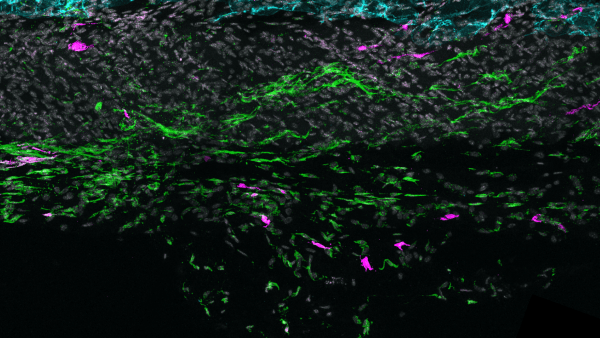
-
UCSF Rises in US News Global Universities Rankings for 2022
UCSF’s research has been ranked among the top in the world, according to the latest U.S. News & World Report’s Best Global Universities 2022 rankings.
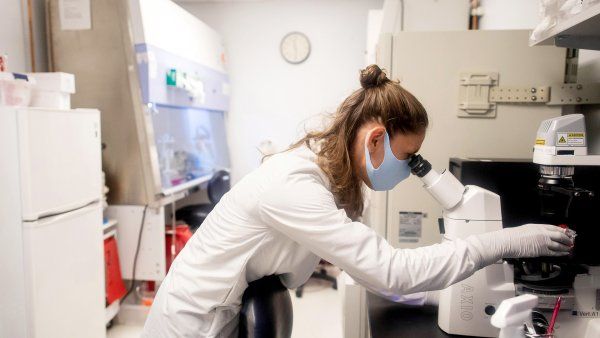
-
3 Teens with COVID-19 Developed Sudden Severe Psychiatric Symptoms. Why?
Three adolescents who had mild or asymptomatic COVID-19 developed sudden severe psychiatric symptoms. A recent study into their immune responses identifies a potential mechanism by which these symptoms emerge.
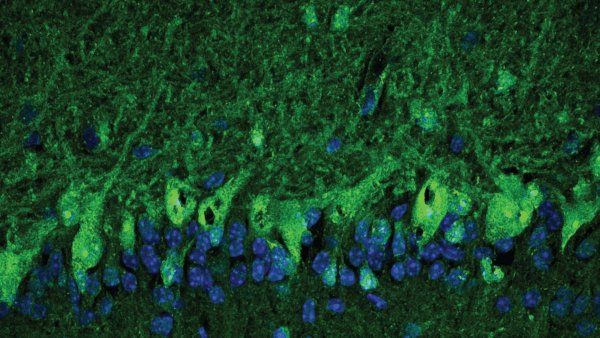
-
Exposure to Abuse, Violence Leaves an Immune Signature
Trauma leaves marks on the body, as well as the mind. UCSF scientists have identified an immune signature to indicate which patients will respond best to therapy.
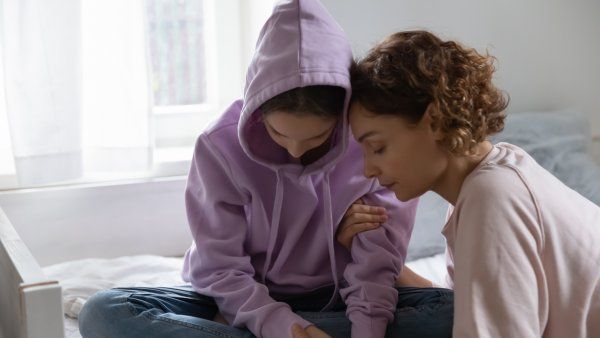
-
COVID-19 Vaccines Produce Immune Responses in Patients With Chronic Inflammatory Diseases
Most patients on immunosuppressive drugs for chronic inflammatory conditions, like rheumatoid arthritis, multiple sclerosis and inflammatory bowel disease, can still produce antibodies after receiving the mRNA COVID-19 vaccines, researchers at UCSF and Washington University have concluded.
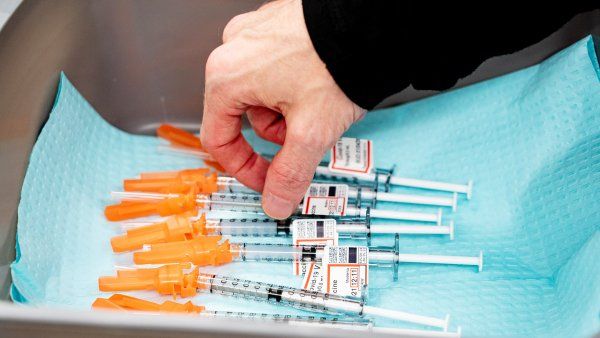
-
How Dangerous Is the Delta Variant? Here’s What the Science Says
We spoke to UCSF virologist Nadia Roan, PhD, about the latest developments in our knowledge of the Delta variant, including how the new variant spreads so efficiently, whether it causes more serious illness, and why she thinks vaccines will hold the line.
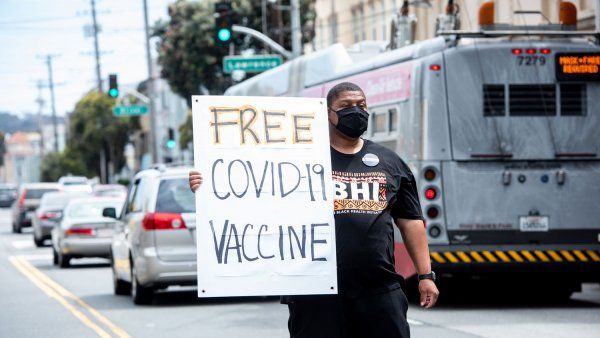
-
Immune System May Need ‘Continuing Education’ to Protect Pregnancy
Working in mice, UCSF researchers have found that a recently discovered subset of cells in the immune system may prevent the mother’s immune system from attacking the placenta and fetus.
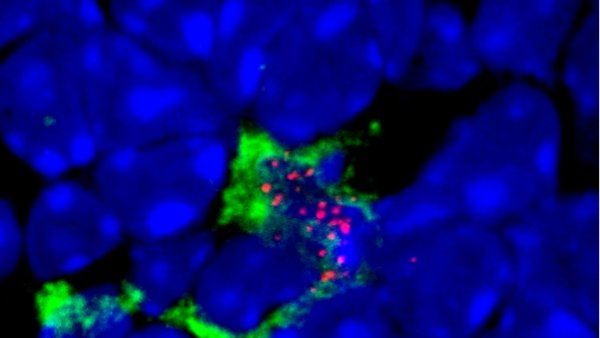
-
No Sign of COVID-19 Vaccine in Breast Milk
Messenger RNA vaccines against COVID-19 were not detected in human milk, according to a small study by UCSF, providing early evidence that the vaccine mRNA is not transferred to the infant.
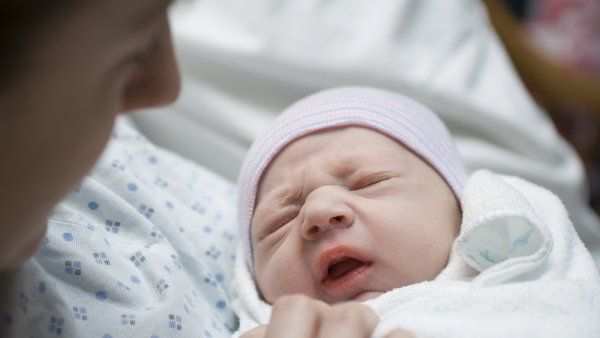
-
Common COVID-19 Antibiotic No More Effective Than Placebo
A UCSF study has found that the antibiotic azithromycin was no more effective than a placebo in preventing symptoms of COVID-19 among non-hospitalized patients, and may increase their chance of hospitalization, despite widespread prescription of the antibiotic for the disease.

-
The Reassuring Data on the Delta Variant
-
Vaccine Hesitancy in Young Adults May Hamper Herd Immunity
A study by UCSF researchers found that about one in four unvaccinated people aged 18 to 25 said that they “probably will not” or “definitely will not” get the COVID-19 vaccination.
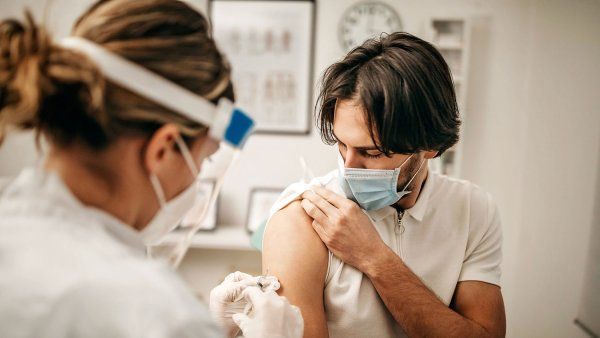
-
COVID-19 Vaccines Don’t Infiltrate Breast Milk, Study Shows
-
Microbiome Medicine: Scientists Harness the Body’s ‘Bugs’ to Treat Asthma, MS and More
Plenty of probiotic yogurts, pickles and kombuchas claim to boost our digestive health with armies of microbes, but some scientists have more ambitious therapeutic plans for the “bugs” that colonize us. They hope to leverage these microbes as living therapeutics for a range of health conditions, including ulcerative colitis, multiple sclerosis, eczema and asthma.
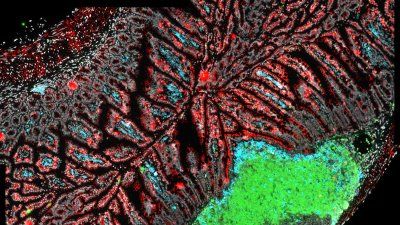
-
Next-Generation T-Cell Therapeutics Set Sights on Cancers, Autoimmune Disorders and More
T cells – immune cells that patrol our bodies in search of trouble – have become a central focus for UC San Francisco scientists working on living cell therapies, an approach that views cells
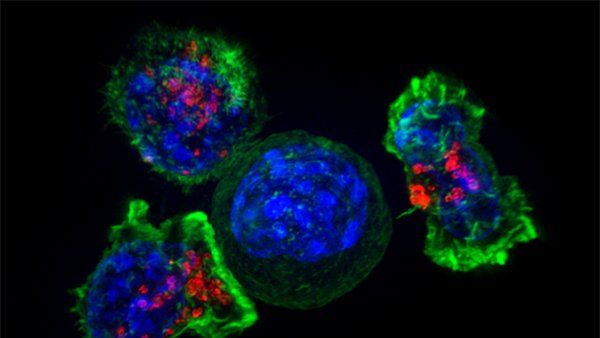
-
Mutation in Highly Infectious Alpha Variant May Help Coronavirus Evade Immune System
The B.1.1.7 coronavirus variant—also known as Alpha—may be more infectious because it contains mutations that make it better adapted to foil the innate immune system, at least for long enough to allow the virus to replicate and potentially find new hosts, according to a new study.
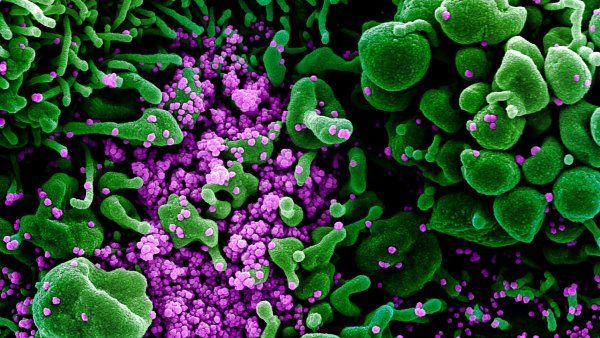
-
Coronavirus Delta Variant ‘May Hit Us Pretty Hard’ This Fall. Here’s What You Need to Know
-
Your Immune System Could Turn COVID-19 Deadly
Hidden autoimmunity may explain how the coronavirus wreaks such widespread and unpredictable harm.
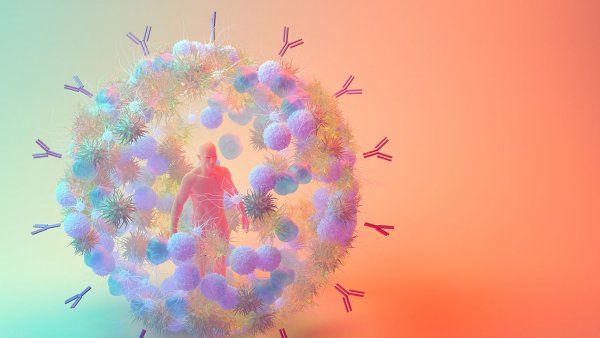
-
How Can We Thwart the Next Pandemic?
Leading scientists share some of the tools and strategies that could help us better confront and contain future outbreaks.
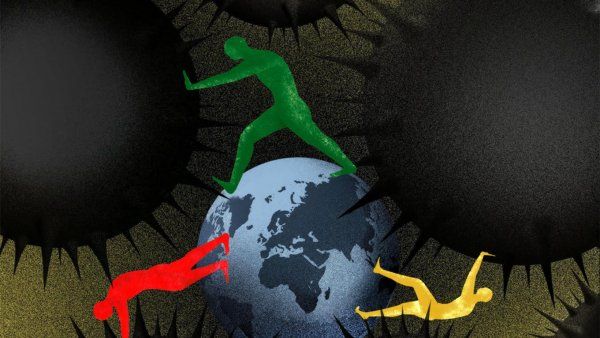
-
Space Travel Weakens Our Immune Systems – Now Scientists May Know Why
Scientists now have shown that the weakening of an astronaut’s immune system during space travel is likely due in part to abnormal activation of immune cells called T regulator cells.
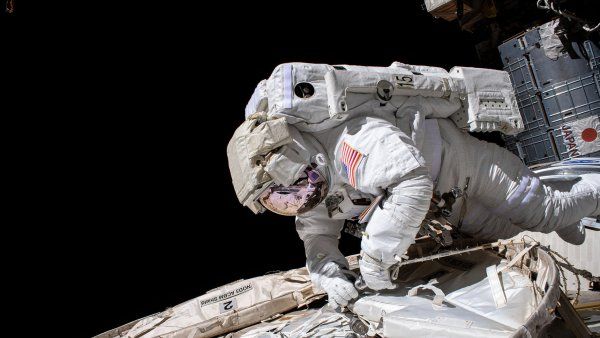
-
Scientists Profile California’s ‘Homegrown’ COVID-19 Variant
A multifaceted collaboration between researchers at UCSF, Gladstone Institutes, and other organizations across California provides a comprehensive portrait of the variant—including its interaction with the immune system and its potential to spread.
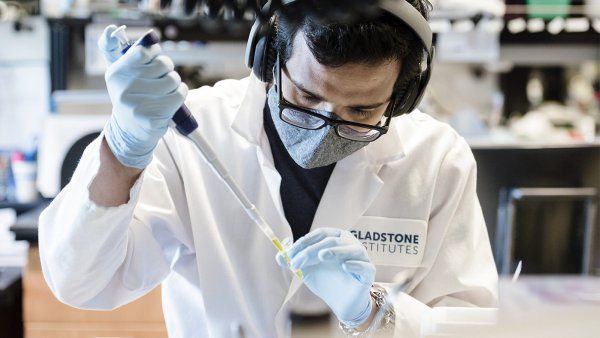
-
Scientists Find Mechanism that Eliminates Senescent Cells
Scientists at UCSF are learning how immune cells naturally clear the body of defunct – or senescent – cells that contribute to aging and many chronic diseases
